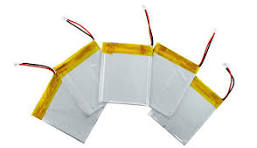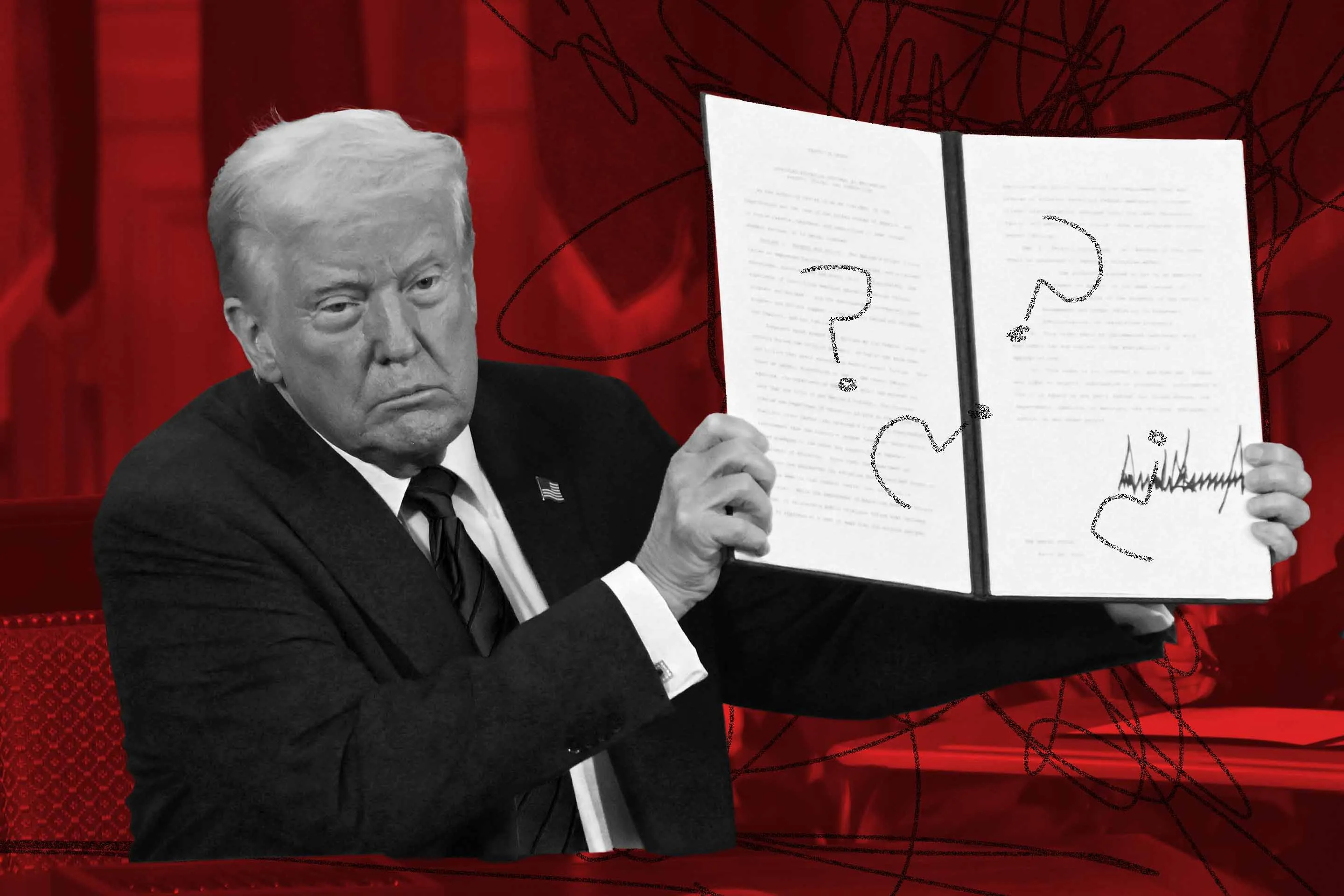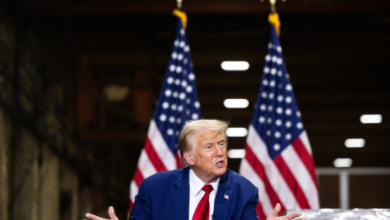BYD’s Strategic Shift: Ending Production of Pouch-Type Batteries Amid Concerns

In a significant move, China’s leading electric vehicle manufacturer, BYD Auto, announced it will cease the production of pouch-type batteries used in its best-selling hybrid vehicles. This decision comes amidst growing concerns about the durability and potential leakage risks associated with these batteries.
Why It Matters: This shift marks a crucial turning point for BYD, one of the frontrunners in the global electric vehicle market. The decision reflects the company’s commitment to safety and reliability, a core concern for consumers in the increasingly competitive EV sector.
Behind the Decision: According to sources familiar with the matter, the pouch-type batteries, while popular, have raised questions about their long-term durability. The risk of leakage, a critical safety issue, has prompted BYD to reevaluate its battery technology strategy.
Impact on the Market: BYD’s move could ripple through the electric vehicle industry, influencing battery technology trends. As safety and efficiency become paramount, other manufacturers might also reconsider their battery choices. This could lead to innovations and new standards in battery technology, potentially reshaping the future of electric vehicles.
Consumer Perspective: For current and prospective owners of BYD’s hybrid vehicles, this change signals the company’s proactive stance on safety. It may also raise questions about the future servicing and support for existing models with pouch-type batteries.
Looking Forward: BYD’s focus will likely shift towards developing more robust and reliable battery technologies. This aligns with the global trend of prioritizing safety and sustainability in EVs, a factor increasingly important to environmentally conscious consumers.
Broader Implications: This development highlights the evolving nature of the EV industry, where technological advancements and consumer safety concerns go hand in hand. As companies like BYD navigate these challenges, their decisions will shape not only their futures but also the direction of the entire automotive industry.





